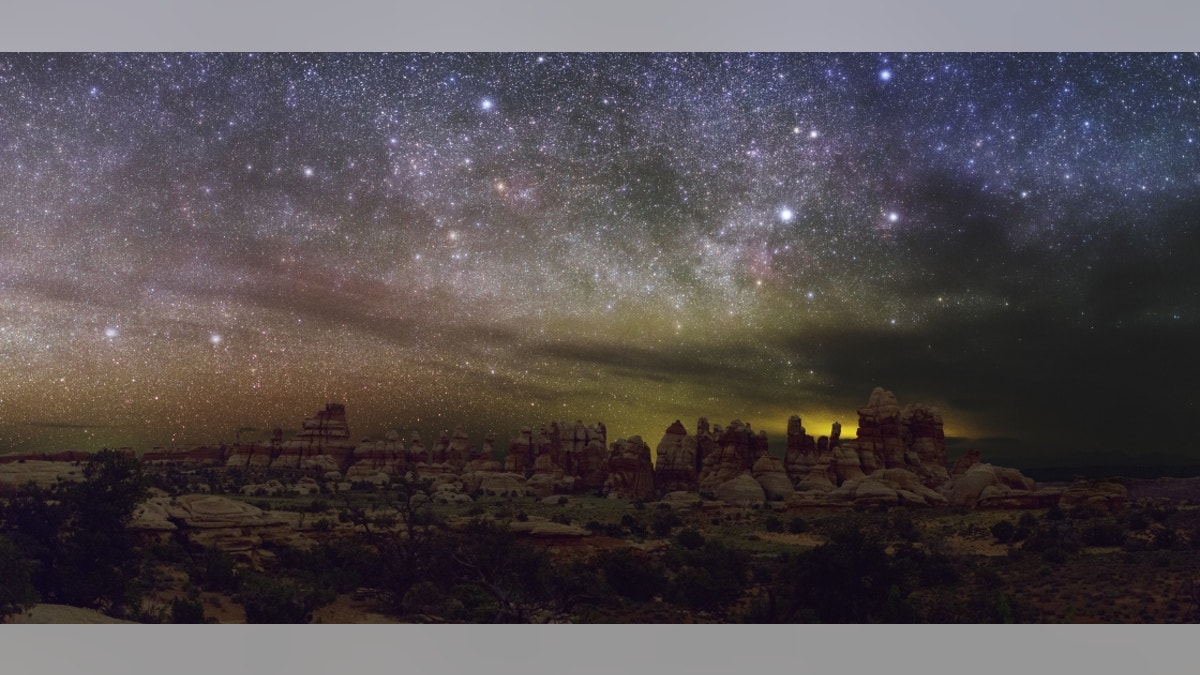
(NOAA)
Gazing up at the night sky and seeing the cloudy band of stars of the Milky Way is an awe-inspiring experience that many have treasured, but according to a new study, it’s getting harder and harder for Americans and others to do.
In fact, because of light pollution, nearly 80 percent of North Americans and a staggering one-third of people on Earth now can’t see the Milky Way, a study in the journal Science Advances reported on June 10. The study calls the Earth’s artificially bright skies “a profound alteration of a fundamental human experience.”
Related: On July 4, the Juno spacecraft will finally reach Jupiter
Using satellite data and other information, the scientists assembled what they refer to as a “world atlas of artificial sky luminance,” reporting that 99 percent of Americans and Europeans reside in places with light pollution, and 80 percent of people on Earth look up at skies that are light-polluted.
“We’ve got whole generations of people in the United States who have never seen the Milky Way,” Chris Elvidge, a NOAA scientist and one of the study’s coauthors said, in a statement. “It’s a big part of our connection to the cosmos -- and it’s been lost.”
Countries where large amounts of the population— more than three-quarters— can enjoy dark night skies are Chad, Central African Republic, and Madagascar, the study says, with Singapore, Kuwait, and Qatar at the other end of the spectrum.
In a list of G20 countries, Germany has the lowest percentage of its population living in the most light-polluted areas, while Saudi Arabia and South Korea have the highest percentages of their populations living where there are "extremely bright skies." The U.S. is ranked sixth on that list.
Related: Drone and satellite imagery lead to monumental discovery at Petra
Canada and Australia are the least light-polluted countries of the G20 nations, measured by area, and Italy and South Korea are the most. The U.S. is listed ninth on that same list.
No one in Singapore can see the Milky Way, the study reports.
Follow Rob Verger on Twitter: @robverger








































